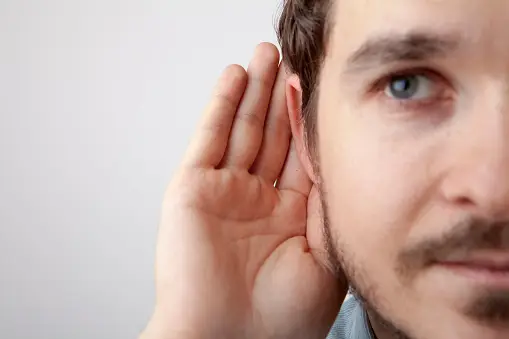Not many younger or even middle-aged people will think of going for hearing aid tests, even if they don’t seem to be hearing quite as well as they used to. It will often be assumed that poor hearing is entirely the preserve of the elderly.
However, the reality is that it is at a younger age when people do many things to expose their ears to excessive noise, damaging their hearing in the process.
This is particularly true during working life. Many jobs take place in noisy environments, where hearing protection is often necessary, such as airports, factories, or on outdoor sites where noisy equipment like drills is required.
However, there are other jobs that might surprise people with their capacity to cause ear damage. For example, some might think of farming as a quiet life out in the country amid fields of crops or livestock. But often it involves being indoors with heavy machinery, such as milking equipment.
Ambulance drivers are also at risk, because of the noise of sirens, and while a road worker using a big drill may have ear muffs on, a dentist using a smaller one is not, yet is still at risk of suffering damaged hearing as they fix their patients’ teeth.
Musicians can also endure excess sound when they are at a noisy gig, both from their own instruments and the crowd, while professional sports stars will also be at risk from loud crowd noises.
Although some people operating heavy machinery on building sites might have ear protection, others nearby might decide not to use it so that they can engage in conversation with colleagues. This is not the wisest of moves.
Other people working in noisy environments on a regular basis include bouncers and bar staff, while those who work outside as couriers on motorbikes or cycles will get an overload of noise as they navigate the traffic of busy city streets.
Not only can these jobs damage your hearing, but when you finish work and undertake some leisure activities, you can do more harm then.
Some of these might occur by being in the same sort of environment mentioned above, like a noisy bar, gig, or sports stadium. You might enjoy more choice of where you go than a courier if you ride a motorbike or even a pedal bike, but the noise of the former and potential exposure to traffic noise of the latter can still add to the possible harm.
Even gardening can be quite damaging. You might think of wearing earphones when using a chainsaw, but what about when mowing the lawn or using hedge trimmers? It may be surprising how much harm these can do.
Of course, people may still undertake such activities as they get older; you can be a pensioner and still mow your lawn or go to a noisy football match, for instance. But it is in environments that people of working age find themselves most often that a lot of damage can be done, often without them realising it.





